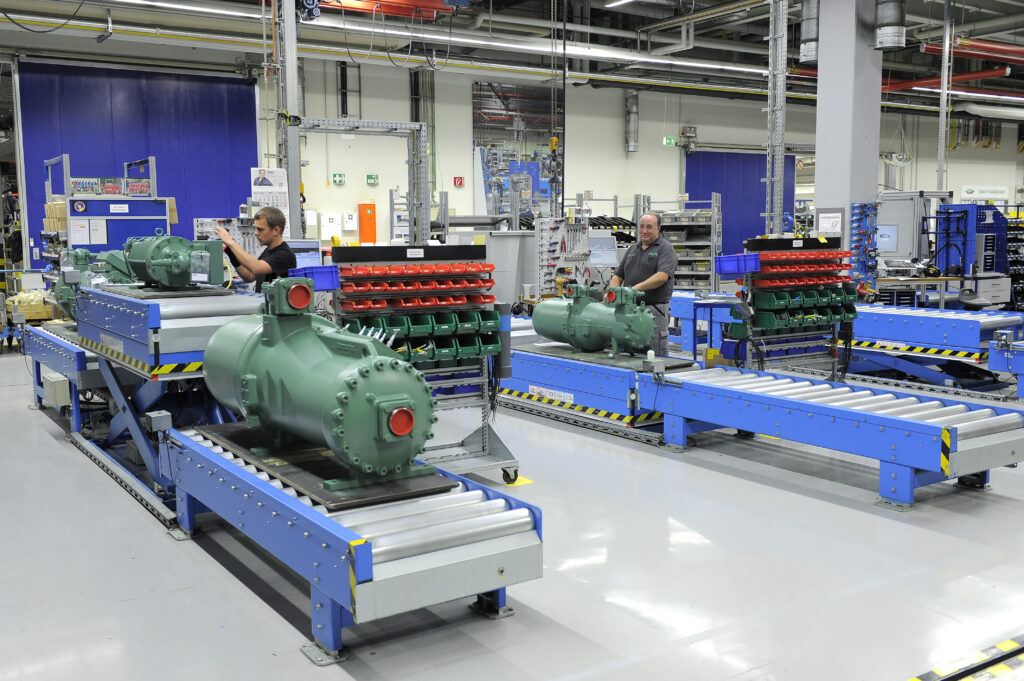
Meet the Authors
Key Takeaways
-
AI is becoming the central driving force across industries, with advancements expected to enhance efficiency, personalization and innovation, potentially leading to the development of artificial general intelligence (AGI).
-
Quantum computing is positioned to revolutionize various sectors by solving complex problems quickly, especially in areas such as cryptography and drug discovery, while also emphasizing the need for quantum-safe solutions to ensure data security.
-
Programmable materials are set to transform manufacturing and various industries by adapting their properties to external stimuli, leading to advancements in customization and efficiency, which will change the roles of ERP professionals and enhance strategic adaptability.
As we have already ventured into 2025, technological innovations continue to accelerate, reshaping industries and redefining workers’ daily lives. In tune with this, Capgemini’s latest report ‘Top Tech Trends of 2025: AI-powered everything’ has highlighted key trends anticipated to dominate the tech landscape, with AI taking center stage. From advancements in quantum computing to programmable materials, these trends signal a transformative decade ahead.
AI-powered everything
Artificial intelligence has rapidly evolved from a support tool to a driving force across sectors. In 2025, AI applications are expected to expand further, powering everything from predictive analytics to customer experiences. The rise of artificial general intelligence (AGI) remains a focal point. While still in development, AGI’s potential to perform tasks with human-like versatility could redefine industries. Businesses leveraging AI are already seeing significant improvements in efficiency, personalization and innovation.
Echoing this sentiment as part of the report, Joel Martin, executive research leader at HFS Research, predicted that: “AI will power robots to learn individual preferences, adapt to unexpected human interactions and share knowledge, making their interactions feel natural. The field is set for significant advancements next year, as robots begin to learn from real-world experiences and handle challenging situations.”
Explore related questions
Quantum computing as a game changer
Quantum computing is another trend poised to revolutionize industries. Its ability to solve complex problems faster than classical computing offers groundbreaking applications in fields like cryptography, drug discovery and logistics. Companies like SAP are exploring quantum computing as part of their innovation strategies. SAP has initiated proof-of-concept projects integrating quantum computing into areas like vehicle space optimization, showcasing the technology’s transformative potential.
Quantum cryptography and post-quantum cryptography (PQC) are also gaining traction, ensuring data security in a quantum-powered future. Organizations are investing in quantum-safe solutions to safeguard sensitive information, highlighting the importance of cybersecurity in the tech landscape.
Programmable Materials: The future of adaptation
The concept of programmable materials – engineered to change their properties in response to external stimuli – captures the imagination of both businesses and consumers. These materials, capable of altering shape, color or functionality, promise advancements in sectors like construction, automotive and fashion. The ability to precisely manipulate molecules opens doors to innovative manufacturing processes, where efficiency and customization reach new heights.
The role of industry leaders
Leading organizations are pivotal in driving these trends. SAP exemplifies this by integrating emerging technologies into its ecosystem. Its focus on quantum computing and advanced analytics reflects the broader industry shift toward AI-powered and future-ready solutions. Similarly, other tech giants are exploring these innovations to stay ahead in an increasingly competitive market.
The technological landscape of 2025 is a blend of exciting possibilities and complex challenges. As AI continues to evolve and new technologies like quantum computing and programmable materials gain traction, businesses and consumers alike will witness unprecedented transformation. The journey to 2030 promises a world where innovation and adaptability are not just desirable but essential for success.
What it means for SAP insiders
Transforming the roles of ERP professionals: For ERP professionals, including operations managers, system administrators and business analysts, Capgemini’s “Top Tech Trends of 2025” report heralds a significant shift in day-to-day responsibilities. AI-powered advancements, such as predictive analytics and personalized user interfaces promise to streamline workflows and enhance decision-making. These technologies reduce manual tasks, enabling more focus on strategic activities like optimizing processes or identifying new revenue opportunities. As programmable materials and quantum computing solutions integrate into supply chains and data systems, ERP roles will evolve to emphasize strategic adaptability and cross-functional collaboration. This transformation positions ERP users as pivotal drivers of organizational innovation and growth.
Contextualizing AI leadership in a competitive market: The broader enterprise technology market is rapidly expanding, with AI projected to reach a global market size of $1.8 trillion by 2030, growing at a CAGR of 37.3%. Capgemini’s emphasis on AI reflects a larger trend where providers like SAP are intensifying their focus on AI integration. For example, SAP’s quantum computing initiatives directly address challenges in logistics, predictive analytics and data security. This intensifying competition compels businesses to remain vigilant in assessing how vendor solutions align with both current needs and future-proofing strategies, particularly as innovation in AI reshapes customer experience and operational efficiencies.
Key considerations for evaluating ERP technology providers: When selecting ERP technologies and services, end-users should prioritize providers with a proven track record in integrating emerging technologies, such as AI and quantum computing. Scalability, data security and interoperability are critical factors to ensure long-term alignment with organizational goals. Additionally, assess a provider’s commitment to innovation through R&D investments and partnerships. Equally important are user-centric features, including seamless integrations, intuitive interfaces and robust support systems, ensuring that the technology not only enhances productivity but also empowers end-users to adapt to rapidly evolving demands.




